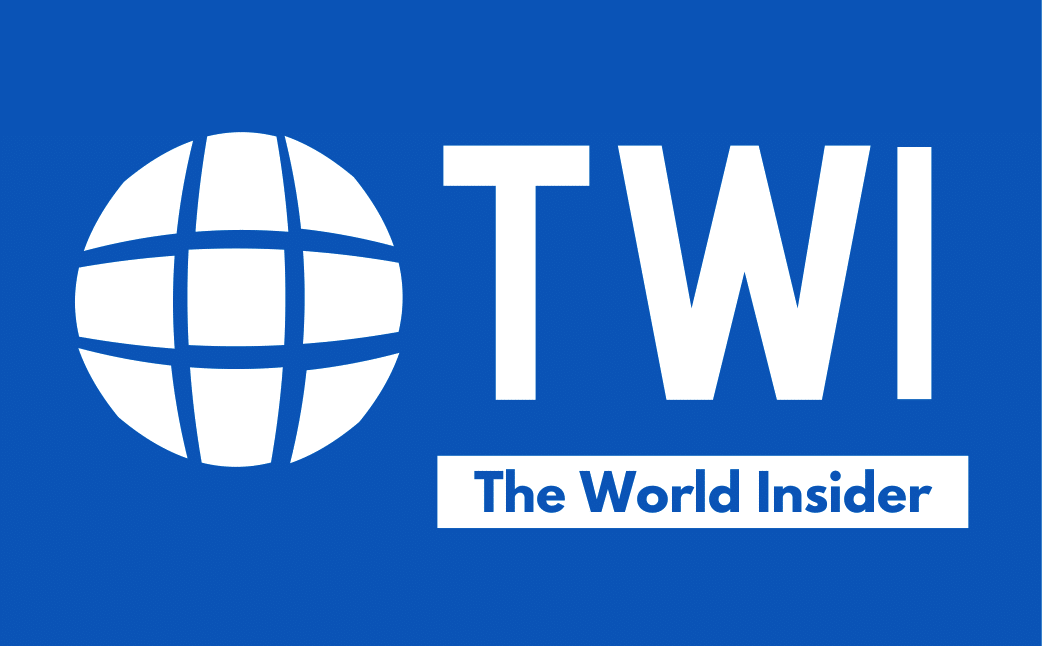The landmark agreement between Saudi Arabia and Iran signed in Beijing has ushered the Middle East into a new era of geopolitics.
The major diplomatic breakthrough between the Mideast rivals was negotiated with the help of China which has emerged as a skilled and trusted meditator.
During talks in Beijing on Friday, Saudi Arabia and Iran agreed to re-establish diplomatic relations and reopen their embassies “within a maximum period of two months.” The two countries released a joint communique on the deal.
Images and videos on state media showed Ali Shamkhani, the secretary of Iran’s Supreme National Security Council, meeting with Saudi national security adviser Musaad bin Mohammed al-Aiban and Wang Yi, China’s most senior diplomat.
‘Victory of dialogue and peace’
“Both sides have displayed sincerity,” Wang Yi said. “China fully supports this agreement.” Chinese foreign ministry quoted Wang Yi as saying the agreement signified “a victory of dialogue and peace”.
Shamkhani called the talks “clear, transparent, comprehensive and constructive,” Iran’s state-run IRNA news agency reported. “Removing misunderstandings and the future-oriented views in relations between Tehran and Riyadh will definitely lead to improving regional stability and security, as well as increasing cooperation among Persian Gulf nations and the world of Islam for managing current challenges,” Shamkhani said.
“While we value what we have reached, we hope that we will continue to continue the constructive dialogue,” Al-Aiban said.
In response to the initiative of Chinese President Xi Jinping, the three countries reached an agreement that includes “to resume diplomatic relations between them and re-open their embassies and missions within a period not exceeding two months, and the agreement includes their affirmation of the respect for the sovereignty of states and the non-interference in internal affairs of states,” according to Saudi state news agency SPA.
Joint Trilateral Statement by the Kingdom of #Saudi Arabia, the Islamic Republic of #Iran, and the People’s Republic of #China. pic.twitter.com/MyMkcGK2s0
— Foreign Ministry 🇸🇦 (@KSAmofaEN) March 10, 2023
Saudi Arabia broke ties with Iran in 2016 after protesters attacked Saudi diplomatic posts in Tehran following the execution of a prominent Shia Muslim scholar by the Saudi government.
China says it has no hidden motives
Beijing has assured that its support is to only bring lasting peace in the Middle East and has no intentions of interfering in the region. “I want to stress that China pursues no selfish interest whatsoever in the Middle East. We respect the stature of Middle East countries as the masters of this region and oppose geopolitical competition in the Middle East,” said Chinese Foreign Ministry spokesperson Wang Wenbin.
“China has no intention to and will not seek to fill the so-called vacuum or put up exclusive blocs. China always believes that the future of the Middle East should always be in the hands of the countries in the region,” he added.
White House welcomes deal
Despite tense relations with China, the United States welcomed Beijing’s efforts to bring an end to the war in Yemen and de-escalate tensions in the region.
“This is not about China. We support any effort to de-escalate tensions in the region. We think that’s in our interests, and it’s something that we worked on through our own effective combination of deterrence and diplomacy,” White House National Security Council Strategic Coordinator John Kirby told reporters. “We’d like to see this war in Yemen end, and that this arrangement that they have, might help lead us to that outcome,” he said.
Experts react on China’s role as a mediator
Analysts have viewed China’s role in brokering a deal between Iran and Saudi Arabia as an indication of a “changing global order.”
Trita Parsi, executive vice president of the Quincy Institute, raised questions about the role of the United States as a mediator. “The US is increasingly taking sides in regional conflicts, becoming co-belligerent in regional conflicts which makes it very difficult for the US to play a peacemaking role” he said.
The Wall Street Journal described the implications of the deal in these words: “China’s role in the talks marks a watershed moment for Beijing’s ambitions in the region, a part of the world where the U.S. has waged war and spent hundreds of billions of dollars in providing security for allies. Along with Russia’s intervention in the Syrian civil war, China’s diplomacy is another sign of the U.S.’s waning influence”.
Dr. Annelle Sheline, Middle East Research Fellow at the Quincy Institute for Responsible Statecraft, said the agreement “shows the role that China could play in fostering a Middle East defined more by cooperation and trade and less by conflict and weapons sales, as has been the norm under U.S. dominance”.





